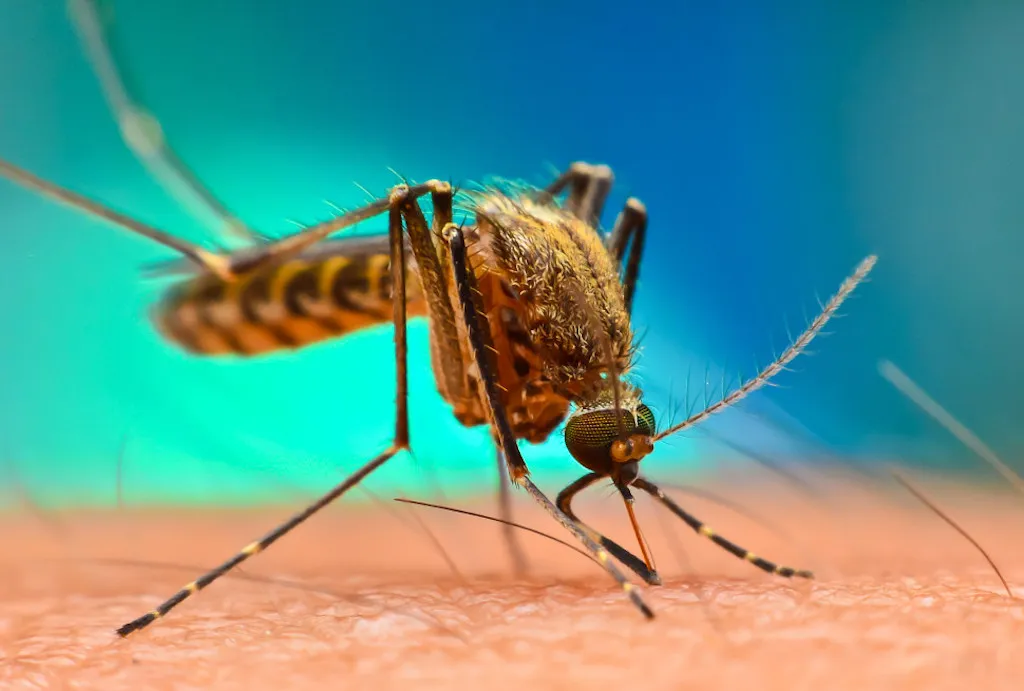Lema Tefera’s voice trembled as he recounted the devastating loss of four of his children to malaria in just one month—deaths that could likely have been prevented if not for the ongoing conflict in Ethiopia’s Oromia region.
“There was no malaria medication and treatment in our village due to the fighting,” the farmer told AFP by phone.
Malaria remains a deadly threat, with Africa accounting for approximately 95 percent of the 250 million cases and more than 600,000 deaths recorded globally each year, according to the World Health Organization (WHO).
Experts warn the crisis is escalating in Ethiopia’s largest and most populous region, Oromia, where a violent conflict between government forces and the Oromo Liberation Army (OLA) has raged since 2018, severely disrupting healthcare services.
Doctors, researchers, and aid workers told AFP that malaria fatalities are soaring due to a “perfect storm” of conflict and climate change.
For subsistence farmers like Lema, who had seven children before the disease took four of them, the situation has been catastrophic.
“It was the worst situation I have ever experienced,” said Lema, who lives in the remote western village of Lalistu Lophi.
A Healthcare System in Collapse
Lema’s tragic loss is part of a growing crisis—between January and October 2023, Ethiopia recorded 7.3 million malaria cases and 1,157 deaths, according to the WHO.
These figures have doubled since 2023, with Oromia accounting for nearly half of all cases and fatalities.
The vast region, covering over one-third of Ethiopia’s landmass, has seen its healthcare infrastructure collapse, according to Gemechu Biftu, executive director of the Oromia Physicians Association.
“Programmed supplies of anti-malarial drugs have been disrupted due to the armed conflict,” Gemechu said.
With no resolution in sight, the humanitarian crisis continues to deepen. The Ethiopian government classifies the OLA as a terrorist organization, and peace talks in Tanzania in 2023 failed to reach a settlement.

A Surging Malaria Epidemic
In some of the hardest-hit areas, doctors report an alarming rise in malaria cases.
Legesse Bulcha, director of Nejo General Hospital in West Wollega, said malaria infections have surged dramatically in the past three years.
“Malaria accounted for 70 percent of the 26,000 patients treated in our hospital in 2023-2024,” he said, noting this was a drastic increase from just 20 percent in previous years.
While the conflict has severely limited access to medicine, climate change is also fueling the crisis.
Experts warn that rising temperatures are creating the warmer, wetter conditions in which malaria-carrying mosquitoes thrive.
“Unlike before, there are still significant numbers of cases during the dry season,” Legesse said.
Gemechu echoed this concern, adding that recent testing has shown higher mortality rates and that malaria is “expanding to new areas.”
A Looming Humanitarian Disaster
Doctors Without Borders (MSF) medical coordinator Rachelle Seguin warned that 2024 has already seen “the highest numbers of malaria cases seen, probably ever” in Ethiopia.
“I think it’s a little bit the perfect storm: you have increasing temperatures, you’ve had conflict in the country for years,” she said.
With the next rainy season approaching (June–September), Seguin fears the situation “could be even worse.”
Adding to the crisis, a sudden U.S. aid funding freeze—ordered by President Donald Trump—has cut off crucial resources.
“The recent USAID funding cut would significantly increase morbidity and mortality not only from malaria but also from other communicable illnesses for which the agency has been providing significant funding,” said Nuredin Luke, an Oromia-based doctor.
The United States previously contributed about 40 percent of the global annual budget for malaria research and control, and it remains uncertain whether this funding will resume.
A Father’s Unbearable Loss
For Lema, thousands of miles from Washington, the grief is overwhelming.
Unable to work his farm, he now depends on relatives to survive.
“I have been completely depressed,” he said. “I have not been able to recover from the grief.”


 Trending
Trending 